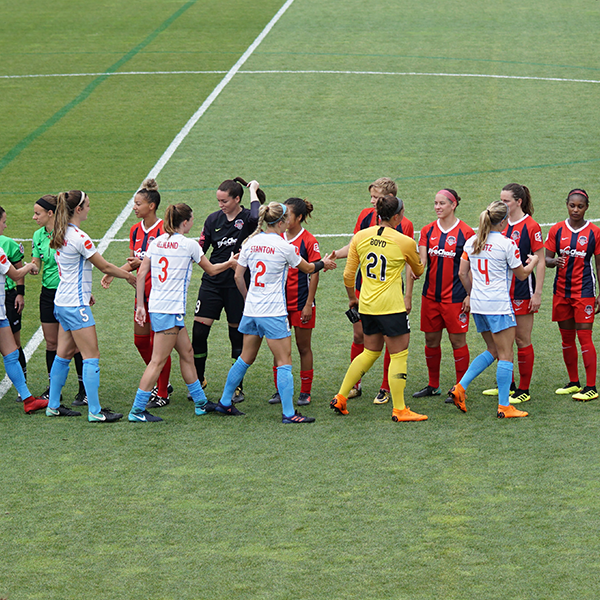It is an interesting and frustrating quirk of performance that, when athletes really need to perform at their best, they sometimes perform at their worst. Referred to as ‘the yips’ by some, choking on the biggest stage has hindered the progress of many athletes. But what exactly is choking, and what are the main causes and triggers of it?
What is Choking?
Choking can be defined as a sub-optimal sporting performance delivered when under pressure. Essentially, it is when athletes perform far lower than their normal standards, at a time when it really counts.
The pressure to do well causes them to over-think each aspect of their performance, turning what was once fluid into something quite jerky and mechanical. It can come on quickly and leave devastating consequences for athletes that don’t know how to manage it.
But What Causes Choking?
There are a number of reasons as to why athletes get the yips. These include…
Conscious Awareness
Recent research was conducted in which novice and expert golfers had to perform a series of putts either taking their time or as quickly as they could. When expert golfers were told to take their time, performance was lower than when they had to take it as quickly as possible (with the reverse being true for novices).
This occurred because, when performance is rushed, athletes don’t overthink their play and instead operate on autopilot, outside of their conscious awareness.
Fear of Negative Evaluation
If athletes excessively worry about how they are being perceived, it can lead to choking. In one particular study, experienced basketball players completed questionnaires measuring their fear of negative evaluation before they completed a series of shots under low and high-pressure. In the low-pressure phase, shots were taken with only the researcher present, whereas in the high-pressure phase monetary rewards were on offer. It was found that those who had high fear of being seen in a poor light by others performed significantly worse in the high-pressure phase in comparison to the low-pressure phase.
Extremely High Levels of Motivation
Psychologists have long speculated that there is a sweet spot in terms of performance and motivation. Too little and athletes don’t care enough to perform well. Too much and they find it hard to execute their skills.
Research in which participants were given varying levels of payment for completing a task showed that, beyond a certain payment, motivation was so high that performance declined. Therefore, extreme motivation to win could actually be causing athletes to choke.
Tarnishing Their Legacy
Research on penalty shoot-outs from two major tournaments (2014 World Cup and 2016 European Championships) showed that international teams with more highly decorated players were more likely to choke than those with less decorated players. This is due to the stress and worry about tarnishing their reputation and legacy. As a result, these players tended to rush their penalty, hoping to get it over with as quickly as possible.
Worried About Performance
Research shows that, when under stress, the capacity of the brain to process information decreases and, consequently, slower processing occurs.
Often, athletes' main focus of attention is performance worries e.g. “I have to score this one now” rather than skill execution. This means that athletes do not supply sufficient attention to the task at hand, leading to choking.
During training, many athletes show talent and promise but fail to translate this into strong performances on the world stage. It is the ability to deal with such pressure that often separates the best from the rest. Athletes may choke when they over-analyse actions they usually perform naturally, have too strong a desire to preserve their image and engage in poor coping strategies. Therefore, if athletes are able to put strategies in place to overcome choking, then it is likely greater success will follow.




